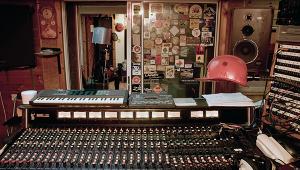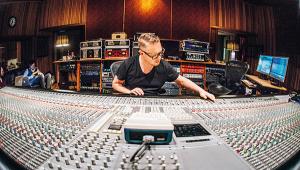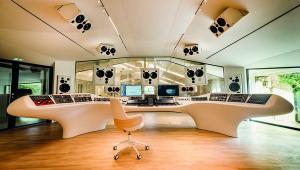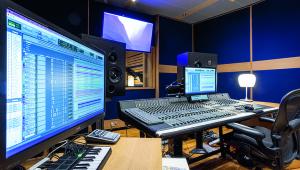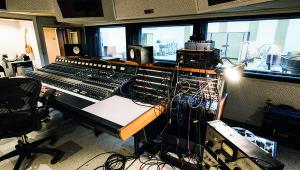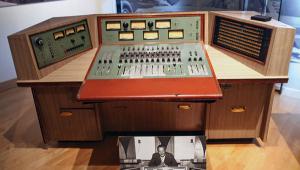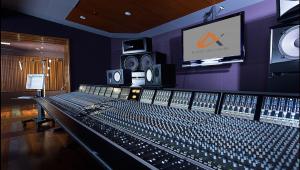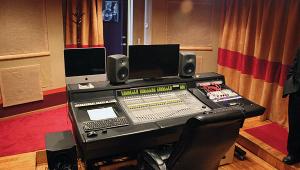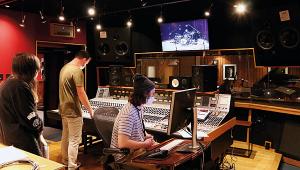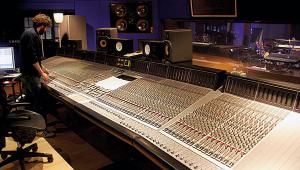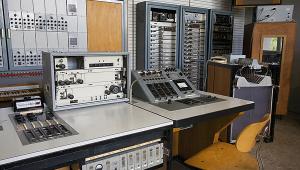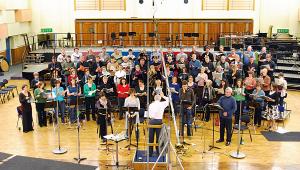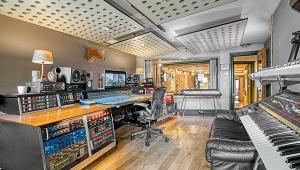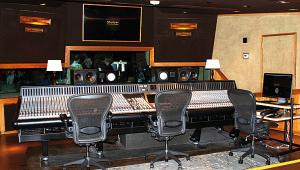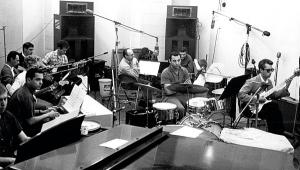Roundhead Studios
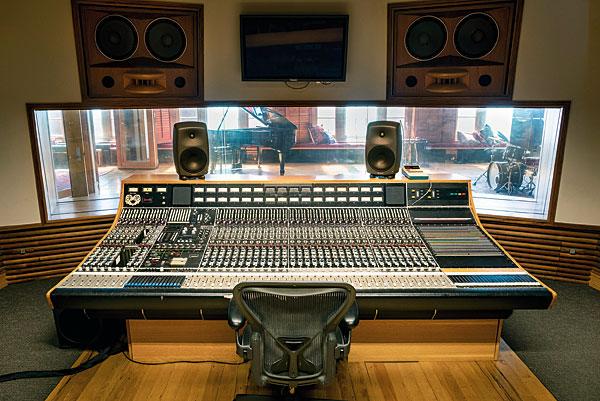
One of the more lamentable ailments the world is suffering from right now is donor fatigue, which is what happens – or more accurately, doesn't happen – when people inclined to give to charity give up. There are tons of reasons for the current DF epidemic, not least that belts are getting tighter back home, not to mention the proliferation of desperate causes and a suspicion that not all the funds are going where they should.
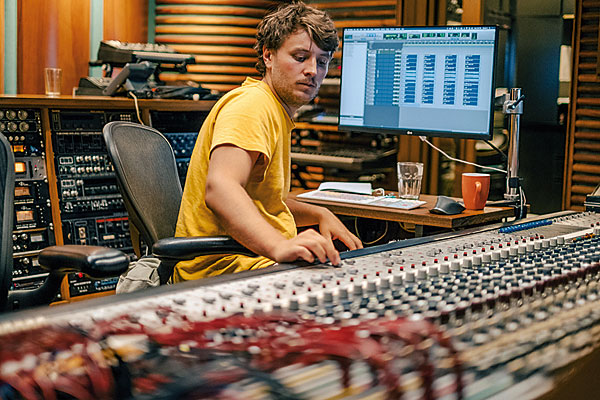
On top of that, of course, there's the fact that, in the music space at least, many of the events held or artefacts created with good intentions are actually alarmingly duff. Just gathering a bunch of vaguely famous people together to whack out a cover version, no matter that all the hearts are in the right place, is a fast track to naffdom and you wind up in the sort of situation that Sigue Sigue Sputnik guitarist Tony James identified back in the wake of Live Aid in 1985 when he declared it: 'Good for Ethiopians, bad for music'.
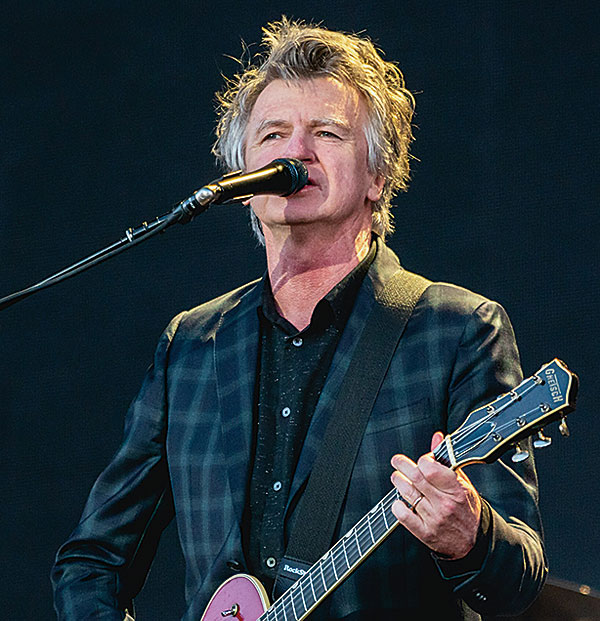
Magnificent Seven
Thankfully, there is a remedy to all this and one chap who got – and continues to get – it right is Neil Finn. This should come as no surprise as he's already navigated his way unerringly through a couple of careers of artistic high quality in the shape of Split Enz, then Crowded House, so we trust he knows what he's doing. And what he did was this: in 2001 he created 7 Worlds Collide, a loose aggregation of musicians minded to give it a go working together with the aim of making something worthwhile for themselves and the buyer/listener/audience, with the proceeds benefitting a charity. In this case it was Médecins Sans Frontières (aka, Doctors Without Borders), which sends emergency medical help around the globe wherever it's needed regardless of race, religion, social status or political allegiance.
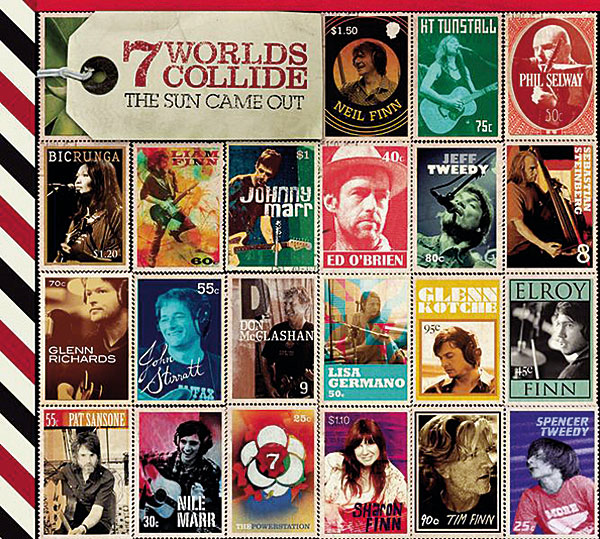
'The idea was to form a band with a bunch of people – some that I knew reasonably well, others that I didn't – just for the hell of it really', said Finn. 'I always thought it would be fun to get people together for a one-off project where you get to become a band for a week or two, play some gigs and just enjoy one another's company.'
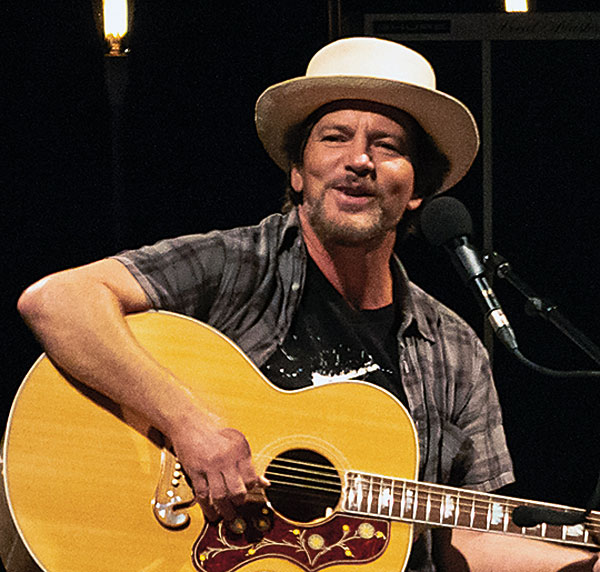
Five Live
7 Worlds' initial activity was a series of five live shows held at the St James Theatre in Auckland, New Zealand, Finn's home town, from the 2nd of April to the 6th of April 2001. The players assembled by Finn's invitation included Pearl Jam's Eddie Vedder, ex-Smith Johnny Marr, Ed O'Brien and Phil Selway of Radiohead, Finn's brother Tim, son Liam and his band Betchadupa, Lisa Germano, and Sebastian Steinberg of Soul Coughing. As for the set list, this included Finn faves such as 'Don't Dream It's Over' and 'Weather With You' while Marr served up the long-overdue 'How Soon Is Now'. Much rejoicing ensued and a live album called 7 Worlds Collide: Live At The St James was released under the aegis of Neil Finn & Friends.
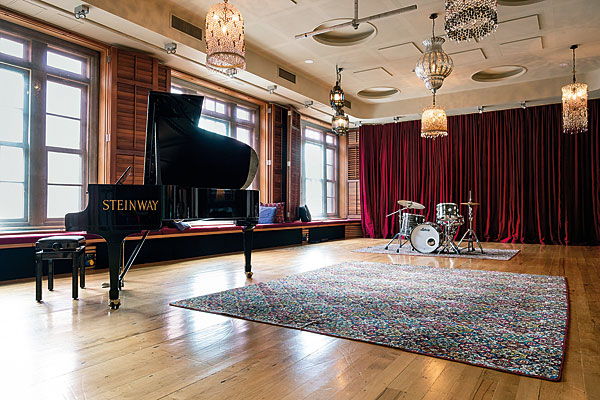
Seven years on, Finn resurrected the project. This time he had Oxfam in mind and determined a more ambitious approach – a three-week recording session where the participants would work together to create brand-new tracks. Marr was back on board, as were the Radiohead guys, Germano and Steinberg. New to the party came Jeff Tweedy, Glenn Kotche, John Stirratt and Pat Sansone of Wilco who were touring NZ at the time, plus K T Tunstall, local musicians Donald McGlashan and Bic Runga, and Jim Scott, most famous for producing Red Hot Chili Peppers and working with Wilco at the time. The tracks were recorded at Roundhead Studios and were released under the title The Sun Came Out along with a film of the same name. The movie included footage from three sold-out shows that completed the project in early January 2009 at the Powerstation in Auckland.
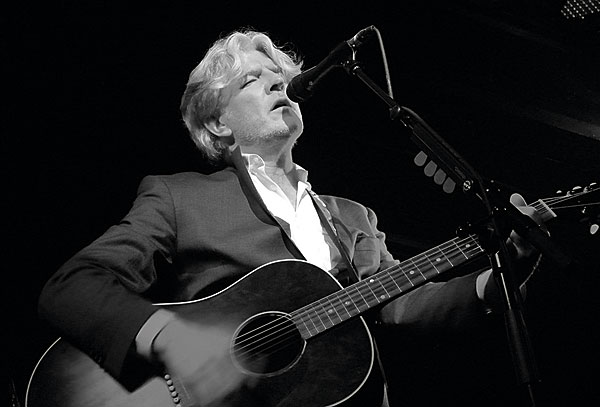
'Everyone came down with their families and we nailed an album from scratch in three weeks', explained Finn. 'We tracked 25 songs, using everything from the stairs to the studios. There was music being played in every room at some point. Half of the songs were written during the project so it was a pretty spectacular outpouring of music.'
